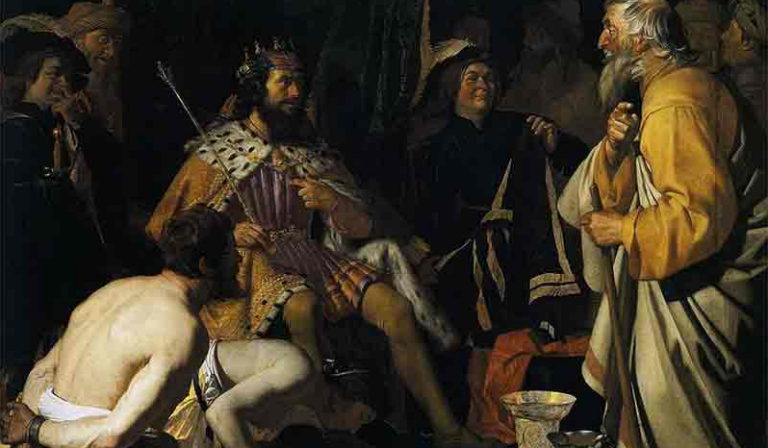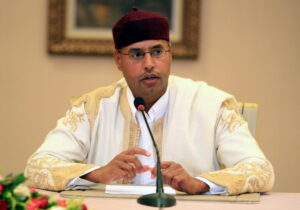Solon, a luminary among the seven sages of ancient Greece, was born in Athens around 640 or 638 BC. Hailing from a distinguished family with roots in Salamis, Solon embarked on maritime expeditions during his youth, traversing the eastern Mediterranean and absorbing diverse cultures. His return to Athens coincided with a period of turmoil, characterized by prolonged conflict with the neighboring city-state of Megara over the ownership of Salamis.
In the early 6th century BC, Athens grappled with political instability under oligarchic rule. Solon, propelled by patriotism and a desire for reform, staged a dramatic intervention, inciting popular sentiment and rallying Athenians to reclaim Salamis. His leadership during the ensuing conflict elevated him to prominence, culminating in the successful recapture of the island.
Solon’s enduring legacy lies in his comprehensive reforms aimed at addressing socio-economic disparities and political inequities. Around 594 BC, he implemented radical changes, including the cancellation of debts, the establishment of a more inclusive political system, and the creation of the Athenian General Assembly. These reforms heralded a shift towards democracy, laying the groundwork for future governance structures.
Beleris: They told me to resign as Mayor of Himara in order to set me free
Despite his pivotal contributions, Solon faced opposition from entrenched interests and encountered challenges in maintaining stability. Following his departure from Athens, political strife persisted, eventually leading to the emergence of Peisistratos as a tyrant. Solon’s efforts to instill lasting reform were met with varying degrees of success, but his vision endured, shaping the trajectory of Athenian democracy for centuries to come.
Source: Ancient Origins
Ask me anything
Explore related questions





